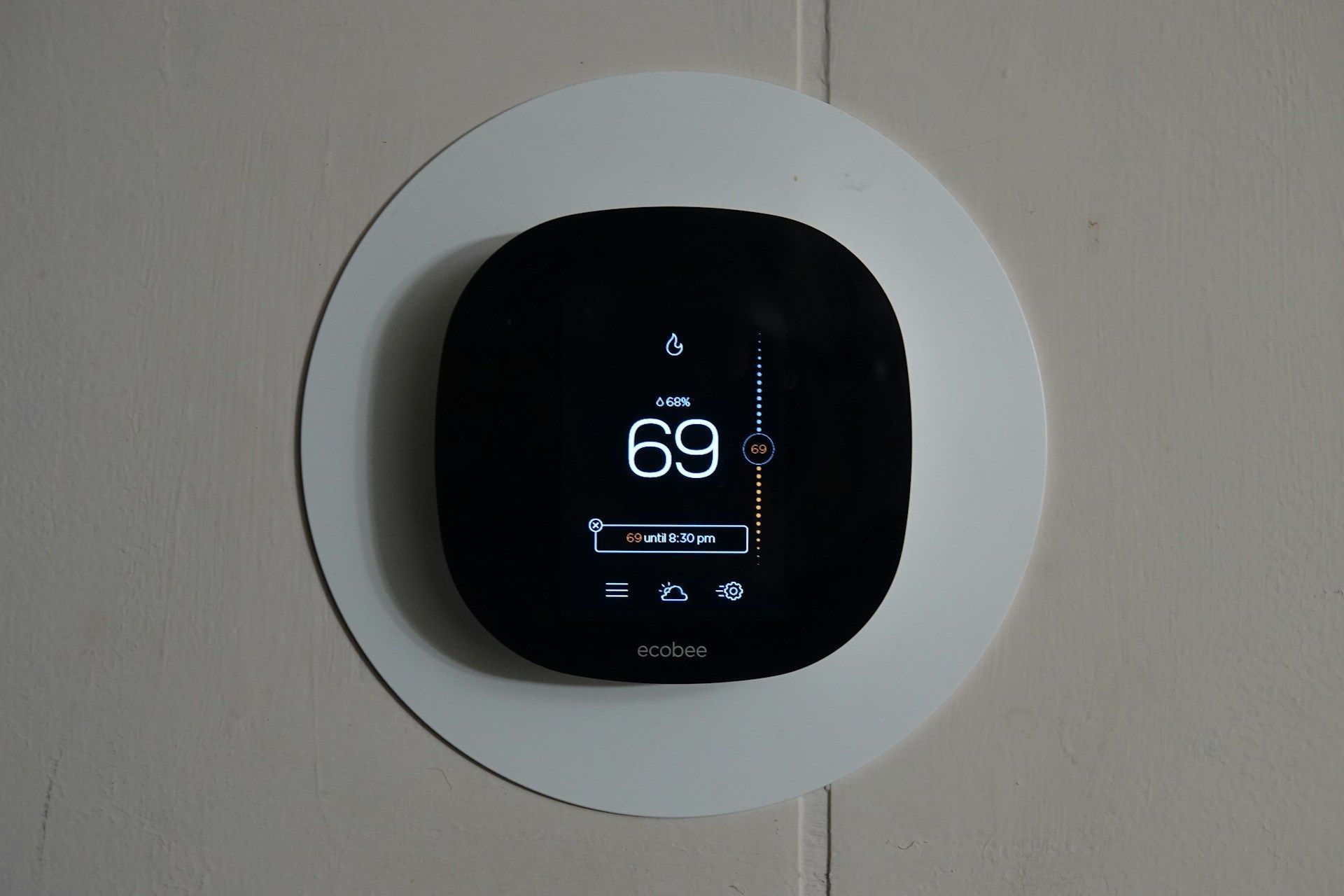Best Heating Solutions to Consider for Cold Winters
Winters can be really chilly, especially when temperatures start to drop significantly. Having a reliable heating system is crucial for keeping your home comfy and warm. With so many options available, finding the best heating solution can be a bit confusing.
Each type of heating system, whether it's a furnace, heat pump, or boiler, offers unique benefits and challenges. It's important to know which one suits your home and lifestyle the best. Considering factors like energy efficiency, cost, and maintenance can guide you to the right choice.
Understanding these different systems helps you make informed decisions, ensuring your home stays cozy without breaking the bank. With the right heating solution, braving the cold winter months becomes a much more pleasant experience.
Understanding Different Heating Systems
Choosing the right heating system for your home can seem overwhelming with all the options available. Three main types include furnaces, heat pumps, and boilers, each with unique features to consider.
Furnaces are popular in many households. They heat air and blow it through ducts to warm different rooms. Furnaces run on various fuels like gas, oil, or electricity. A major advantage of furnaces is their ability to heat spaces quickly and maintain consistent temperatures. However, they can be less efficient if your home isn’t properly insulated, as heat might escape easily.
Heat pumps are efficient systems that transfer heat from outside to inside your home. They work similarly to air conditioners but in reverse during cold months. Heat pumps are very energy-efficient and can save on operating costs. On the downside, they may be less effective in extremely cold climates, needing a supplementary heating source.
Boilers heat water and distribute steam or hot water through pipes to radiators or baseboards. They provide even and consistent heat, making them excellent for older homes with existing radiator systems. While boilers can be efficient, they typically heat up spaces slower than furnaces and may have higher initial installation costs.
When deciding which system suits your home, consider factors such as:
- Climate: Choose systems based on how cold your winters are.
- Energy Source: Decide based on accessibility to fuels like natural gas or electricity.
- Home Design: Look at how heat gets distributed in your home, affecting efficiency.
- Budget: Consider both installation and long-term operation costs.
Understanding the benefits and limitations of each system helps you make the best choice for your home’s heating needs.
Energy Efficiency and Cost-Effectiveness
Choosing an energy-efficient heating system can save you a lot on utility bills while helping the environment. With energy costs on the rise, finding a system that uses less energy is smart for both your wallet and the planet.
Several tips and tricks can help you make the most of your heating system:
- Seal Drafts: Check for and seal any gaps around windows and doors to keep warm air in.
- Use a Programmable Thermostat: This device adjusts the temperature automatically, lowering heating when everyone is asleep or away.
- Regular Maintenance: Clean and check your system often to keep it working efficiently.
Understanding the cost-effectiveness of different heating solutions is crucial. Furnaces tend to have lower initial costs, but their efficiency depends on fuel costs and home insulation. In well-insulated homes, they can be a cost-effective choice.
Heat pumps are generally more efficient but could require a backup in very cold climates, impacting their cost-effectiveness a bit. That said, they often provide the best savings over time due to their efficiency.
Boilers can be cost-effective if your home already has a radiator system, and they're known for even heat distribution, reducing hot and cold spots in your home.
When deciding on a heating system, think about your long-term savings, including potential repairs and the price of fuels. Balancing these factors will help you pick a heating solution that's both efficient and kind to your budget.
Smart Thermostats and Home Automation
Smart thermostats have become an essential tool for enhancing comfort and efficiency in home heating systems. These intelligent devices learn your schedule and preferences, adjusting the temperature to match when you are home and when you are away. This not only ensures a comfortable living space but also optimizes energy use, cutting down on wasted heat.
Integrating smart technology into heating systems brings numerous benefits. Many smart thermostats come with features like remote control via smartphone apps, voice command capabilities, and energy usage reports. These features allow homeowners to monitor and control their heating systems even when they are not at home, making adjustments as needed to save energy and reduce costs.
When choosing the best smart thermostat for your setup, consider these tips:
- Compatibility: Make sure it can integrate with your existing heating system and smart home devices.
- Learning Capabilities: Opt for models that learn your habits to improve comfort automatically.
- User Interface: Choose a device with an easy-to-use interface and clear display.
- Extra Features: Look for added benefits like humidity sensors or geofencing, which detects when you leave or return home.
By investing in a smart thermostat, you can significantly improve the efficiency of your heating system while enjoying the convenience of automated control.
Maintenance for Optimal Performance
Regular maintenance is key to keeping heating systems running efficiently and ensuring they last longer. Routine check-ups can prevent major issues, save money, and provide peace of mind knowing your system is working at its best.
Homeowners can tackle some simple maintenance tasks themselves to ensure optimal performance. First, changing air filters every few months helps prevent the system from working harder than necessary. Blocked filters can reduce airflow and efficiency. Second, ensure vents are clear of obstructions like furniture or heavy drapes to allow free airflow. Third, keep the area around your heating unit clean and free of debris to prevent any potential hazards.
Despite these DIY tasks, professional servicing is crucial for long-term savings and system health. A technician can spot small problems before they escalate into costly repairs. They can inspect and clean components, check for correct settings, and ensure the unit operates safely and efficiently.
To get the most out of your heating system, schedule professional maintenance at least once a year. This helps maintain efficiency, extend the system's life, and ensure it heats your home effectively. Regular maintenance not only saves money but also provides comfort and reliability, especially during the cold winter months.
Conclusion
Choosing the right heating system for your home involves understanding various options and considering factors like efficiency and cost. From smart thermostats that offer convenience and energy savings to regular maintenance that extends your system's life, every aspect plays a significant role in creating a warm and comfortable living environment.
Taking action on heating solutions now ensures peace of mind knowing your home will remain cozy during the coldest months. Whether you're upgrading an old system or maintaining a current one, the benefits stretch beyond warmth. They include lower utility bills, reduced environmental impact, and a longer-lasting system. Staying proactive in these areas not only enhances comfort but also offers substantial long-term savings.
For those seeking expert advice or assistance with their heating solutions, contact Anytime Heating & Air today. Our team of
HVAC contractors is ready to help you find the most efficient and effective heating options tailored to your needs. Let us guide you to warmth and comfort this winter.


